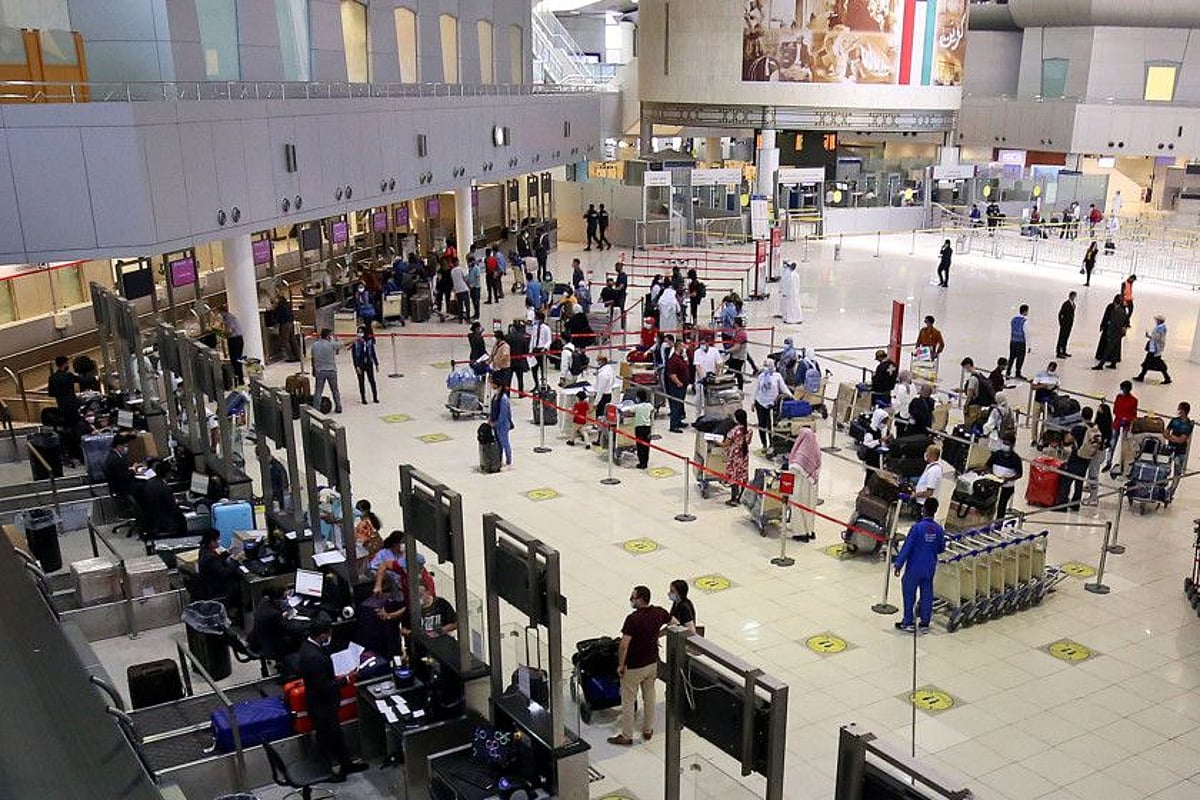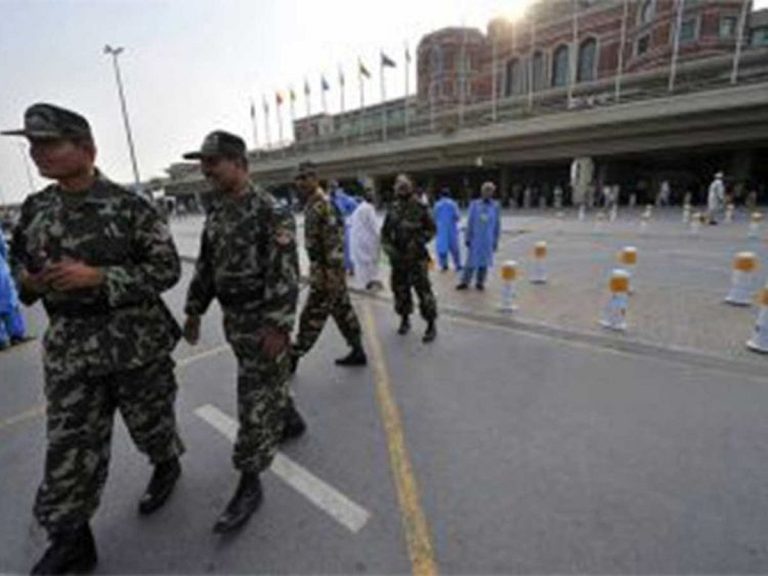Kuwait Suspends Biometric Fingerprinting at Borders
Kuwait’s Ministry of Interior has recently announced a significant change in its border control procedures. In an effort to alleviate congestion and reduce travel delays, the ministry has suspended biometric fingerprinting at all border crossings, including air, land, and sea.
New Registration Requirements
Under the new directive, Kuwaiti citizens are required to complete their biometric fingerprinting prior to travel at designated Personal Identification Centers managed by the General Department of Criminal Evidence or at National Identity Centers. Expatriates, on the other hand, must complete this process exclusively at Personal Identification Centers located throughout various governorates.
Reasons for the Change
This decision comes in response to ongoing issues with overcrowding at border checkpoints, particularly at Kuwait International Airport. Many travelers who had not completed their biometric registration in advance contributed to long wait times and significant disruptions. The Ministry of Interior aims to streamline travel procedures to enhance the overall experience for all passengers.
Recommendations for Travelers
To avoid any potential delays or complications, both citizens and residents are strongly encouraged to complete their biometric registration well in advance of their planned trips. This proactive approach will help ensure a smoother travel experience.
FAQs
Why has Kuwait suspended biometric fingerprinting at border crossings?
The suspension aims to reduce congestion and travel delays at border checkpoints, particularly at Kuwait International Airport, where unregistered travelers have caused significant wait times.
Where can expatriates complete their biometric registration?
Expatriates can complete their biometric registration exclusively at Personal Identification Centers located across all governorates in Kuwait.
What should travelers do to prepare for their trips?
Travelers are advised to complete their biometric registration ahead of time at the appropriate centers to avoid delays and ensure a smooth travel experience.
Conclusion
Kuwait’s decision to suspend biometric fingerprinting at border crossings is a strategic move to enhance travel efficiency. Citizens and expatriates should take the necessary steps to complete their registration in advance, ensuring a hassle-free journey in the future.
The suspension of biometric fingerprinting at Kuwait’s borders marks a notable shift in the country’s approach to border management. Biometric systems have been increasingly adopted worldwide as a means to enhance security and streamline the identification process. However, the challenges faced by Kuwait, particularly in terms of traveler congestion, highlight the complexities involved in implementing such technologies effectively. The decision to pause this requirement reflects a recognition of the need to balance security measures with the practical realities of travel, especially during peak times when airport traffic is high.
Kuwait’s border control measures have evolved over the years, influenced by both domestic needs and international standards. The introduction of biometric systems was initially intended to improve the efficiency of processing travelers and to bolster national security. However, as the volume of travelers increased, the limitations of the system became apparent, leading to longer wait times and frustration among passengers. By reverting to a more traditional method of processing, the Ministry of Interior is likely aiming to reassess and refine the biometric implementation before reintroducing it in the future.
Travelers should remain informed about the latest regulations and requirements as they prepare for their journeys. The emphasis on completing biometric registration at designated centers prior to travel underscores the importance of planning ahead. As Kuwait continues to navigate the challenges of border management, the cooperation of citizens and expatriates will be essential in ensuring that the travel experience is both efficient and secure. The Ministry of Interior’s proactive measures in addressing congestion issues reflect a commitment to improving the overall travel infrastructure in the country, which is vital for both tourism and business activities.
Also Read:
New Conjuring Prequel Announced with HBO Series Development







